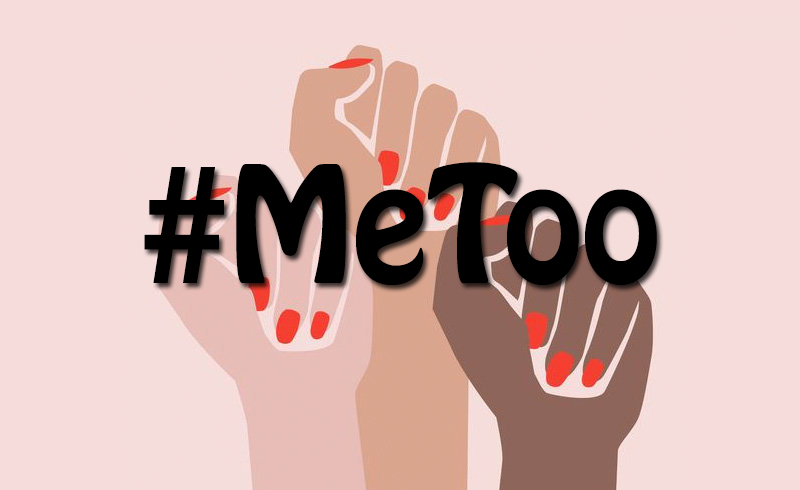Hannah talks about the power of social media, reminding us that despite its many faults, it has enabled a tremendous amount of good.
Our generation’s dependence on social media could be compared to an addiction. It plays into all aspects of life: what we wear, eat and even who we date. Rather than taking someone at face value, we immediately ‘cyber stalk’ them to gain as much information as possible. A person’s life on social media, to many, is now more important than the one they are actually living. However, whilst there are obvious negatives to us being glued to our phones, recently, scrolling through Facebook/ Twitter/ Instagram, we have seen the positive power of social media.
Two weeks ago, no one could go through their feed or read any news without seeing #MeToo. Within the first 48 hours, those two simple words had been used over a million times on Twitter and had created 12 million comments and reactions on Facebook.
The horrifying truth is that at least a quarter of all women and girls have experienced sexual harassment, sexual assault or rape. The Rape, Abuse & Incest National Network (RAINN) reports that 23.1% of female undergraduate students will be raped or sexually assaulted through physical force, violence or incapacitation. Even now, in 2017, some people are still getting confused about consent, so it’s about time that the subject that has been broached and the magnitude of the problem is increasingly being revealed.
Alyssa Milano challenged everyone to share their story, and whilst many did not, the widespread visibility of the hashtag spoke volumes. Sexual assault occurs every 98 seconds, but only 0.6% of offenders will end up in prison. The power of social media may allow for boys and girls, men and women to change this.
It’s never ending. Every day there’s something new that we’re forced to fight for. Or something old that we have to fight for again.
— Alyssa Milano (@Alyssa_Milano) November 19, 2017
Another example of the positive power of social media is the reaction and support that was shown after the Grenfell Tower fire. During the first 24 hours people offered lodgings and support over Facebook, and used Twitter to share helplines and make donations. The fire was filmed and photographed by thousands on Snapchat and Instagram, to the extent that initially there was more live footage and reports on social media than on mainstream news.
Social media allows for unedited versions of events to circulate long before they reach conventional news channels, and for these events to remain in public discourse long after they take place. Throughout the Notting Hill carnival, #Justice4Grenfell was displayed everywhere, and even now #Grenfell is the 14th most tweeted hashtag. The sociologist John Thompson also states how it is now “more difficult for political actors to throw a veil of secrecy around their activities” as more information and images are available in the public domain.
Social media has a bad reputation. It is the root of an antisocial population, but it also creates a community. It is a platform for extremist groups to have their voices heard, but also shows that they are in the minority. It presents unhealthy body images but allows us to see, share and understand societies that otherwise we might never have known. If change, support, and compassion can result from scrolling through my Twitter feed, then I will not complain.
Hannah Simpson-Orlebar
Photo credit: https://divorcedmoms.com/metoo-weve-said-no-to-bad-marriages-its-time-we-say-no-to-sexual-abuse-and-harassment/

